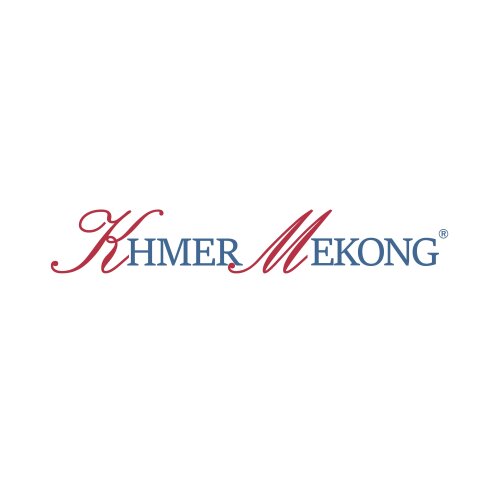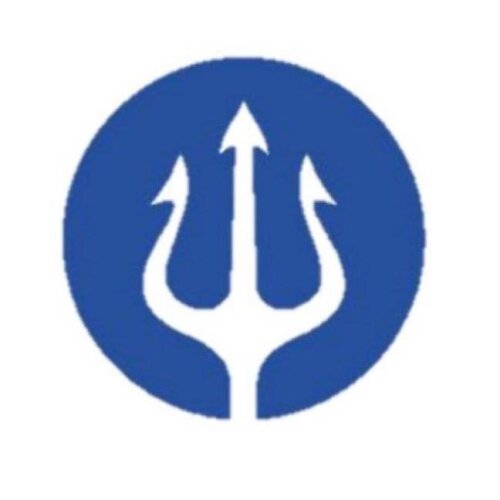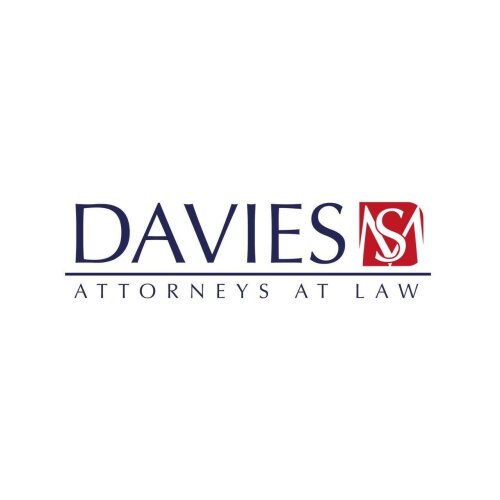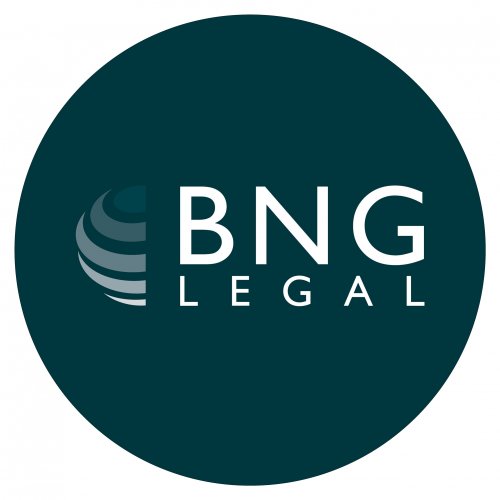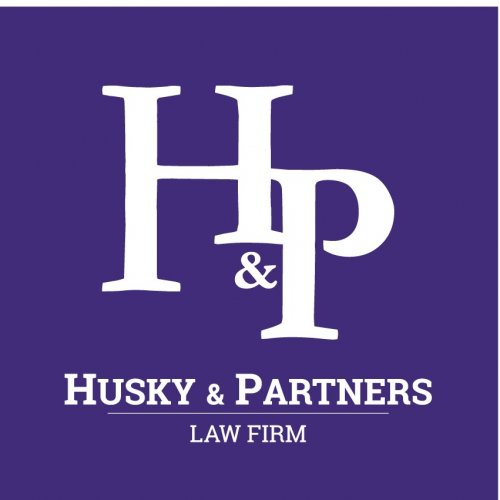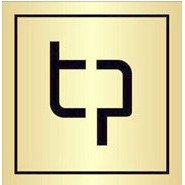Best Sanctions & Export Controls Lawyers in Cambodia
Share your needs with us, get contacted by law firms.
Free. Takes 2 min.
Or refine your search by selecting a city:
List of the best lawyers in Cambodia
About Sanctions & Export Controls Law in Cambodia
Sanctions and export controls refer to the legal frameworks that regulate the transfer of goods, services, technology, and financial transactions across national borders. In Cambodia, these laws are designed to help maintain national security, comply with international obligations, prevent illegal arms transfers, manage strategic goods flows, and enforce embargoes or restrictions imposed by the government and international bodies such as the United Nations. While Cambodia does not have an extensive standalone export controls regime like some developed countries, its legal structure is evolving to address modern challenges and ensure compliance with international standards.
Why You May Need a Lawyer
There are several situations where consulting a lawyer with expertise in sanctions and export controls is essential in Cambodia. Businesses involved in importing or exporting strategic goods, technology, or dual-use items may face complex regulations or uncertainty about compliance requirements. You might need legal assistance if you are dealing with goods that could be used for both civilian and military purposes, involved in trade with countries or entities subject to international sanctions, facing enforcement actions, or navigating licensing processes. Individuals and organizations could also require legal advice to avoid mistakes that may lead to fines, confiscation of goods, or reputational damage.
Local Laws Overview
Cambodia’s regulatory environment for sanctions and export controls is primarily governed by various laws and sub-decrees. The Law on the Control of Weapons, Explosives and Ammunition addresses arms control. Customs regulations, overseen by the General Department of Customs and Excise, require certain goods to have export or import permits. Cambodia also implements United Nations Security Council Resolutions regarding sanctions and embargoes when applicable. There are procedures for strategic or sensitive goods, and anti-money laundering laws may impact financial transactions related to exports. The developing regulatory landscape means local and foreign businesses must remain vigilant about compliance as changes occur.
Frequently Asked Questions
What are export controls in Cambodia?
Export controls are regulations that oversee which goods and technologies can be sent out of Cambodia, especially those considered sensitive, strategic, or with potential dual-use for civilian and military purposes.
Who enforces sanctions and export controls in Cambodia?
Enforcement is mainly handled by the General Department of Customs and Excise, the Ministry of Commerce, and relevant ministries based on the specific goods. International sanctions are often implemented through government directives.
Does Cambodia follow international sanctions?
Cambodia generally implements United Nations Security Council sanctions, and may also follow other international obligations under treaties or agreements.
What goods are subject to export controls?
Key goods include arms and ammunition, dual-use items (for civilian and military), sensitive technology, chemicals, and endangered species products. The specific list can change as regulations evolve.
Do I need a license to export certain goods?
Yes, for certain goods such as weapons, chemicals, and dual-use technology, you must obtain an export license or permit from the competent authority.
What are the penalties for violating sanctions or export control laws?
Penalties can include heavy fines, confiscation of goods, business suspension, criminal charges, and reputational harm for individuals and companies.
Can foreign businesses be affected?
Yes, foreign businesses operating in Cambodia or dealing with Cambodian goods and services are subject to local laws and international sanctions that Cambodia enforces.
How do I know if my goods are restricted?
You should check Cambodia’s customs regulations, lists published by concerned ministries, and consult a legal advisor for the latest updates on restricted or controlled goods.
Are technologies and services covered by export controls?
Yes, export controls can apply to both physical goods and intangible items such as technology transfers, software, and related technical services.
How can I ensure my business complies with local and international rules?
Consider consulting a lawyer with expertise in sanctions and export controls, perform rigorous due diligence, obtain necessary permits, and stay updated on legal developments in Cambodia.
Additional Resources
- General Department of Customs and Excise of Cambodia - The primary agency for customs and enforcement of export controls. - Ministry of Commerce - Handles trade regulations and export-import licensing. - Ministry of Economy and Finance - Oversees financial transactions related to trade, and implementation of international sanctions. - Cambodian Bar Association - Source for finding qualified legal professionals. - United Nations Security Council - For details on international sanctions applicable to Cambodia.
Next Steps
If you believe you need legal assistance in the area of sanctions and export controls in Cambodia, start by gathering all relevant transaction documents, export or import records, and any correspondence with government authorities. Identify whether your goods or services may be subject to existing controls or restrictions. Seek out a Cambodian lawyer or law firm with proven experience in international trade, customs, and sanctions law. You can contact the Cambodian Bar Association for a list of qualified attorneys. Discuss your specific circumstances, ask about compliance strategies, and ensure you clearly understand your obligations under Cambodian law. Early consultation can help prevent costly mistakes and ensure your business operations remain fully compliant.
Lawzana helps you find the best lawyers and law firms in Cambodia through a curated and pre-screened list of qualified legal professionals. Our platform offers rankings and detailed profiles of attorneys and law firms, allowing you to compare based on practice areas, including Sanctions & Export Controls, experience, and client feedback.
Each profile includes a description of the firm's areas of practice, client reviews, team members and partners, year of establishment, spoken languages, office locations, contact information, social media presence, and any published articles or resources. Most firms on our platform speak English and are experienced in both local and international legal matters.
Get a quote from top-rated law firms in Cambodia — quickly, securely, and without unnecessary hassle.
Disclaimer:
The information provided on this page is for general informational purposes only and does not constitute legal advice. While we strive to ensure the accuracy and relevance of the content, legal information may change over time, and interpretations of the law can vary. You should always consult with a qualified legal professional for advice specific to your situation.
We disclaim all liability for actions taken or not taken based on the content of this page. If you believe any information is incorrect or outdated, please contact us, and we will review and update it where appropriate.
Browse sanctions & export controls law firms by city in Cambodia
Refine your search by selecting a city.




